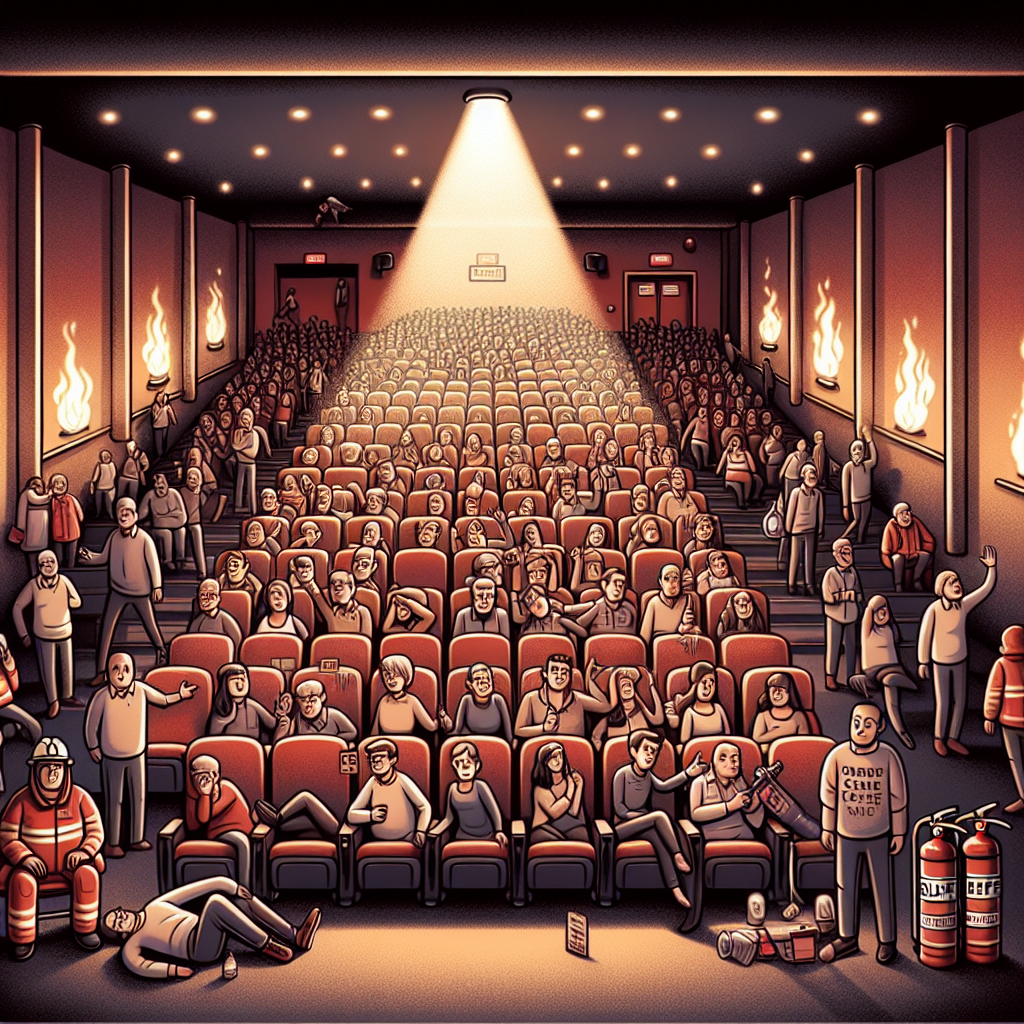Bhopal Gas Tragedy: Justice Delayed for Decades
Forty years after the Bhopal gas tragedy, a justice process plagued by lengthy legal battles and frequent judicial turnovers has left victims yet to see justice. Despite convictions, appeals persist following sentences deemed inadequate by many, resulting in an ongoing struggle for recompense and accountability.

- Country:
- India
Decades after the horrific Bhopal gas tragedy, victims and their families remain ensnared in a painstakingly slow judicial process that has seen 19 judges oversee proceedings over 25 years. The tragedy, characterized by the release of poisonous methyl isocyanate gas from a Union Carbide plant, resulted in thousands of deaths and left over half a million affected.
In the 2010 verdict, seven Union Carbide executives were convicted and sentenced to two years in prison, with fines imposed. However, both prosecution and defense have filed appeals, the former seeking harsher penalties, and the latter arguing for acquittal. This prolonged appeals process has been marked by recurrent judicial changes, further delaying justice.
As calls for faster judicial proceedings grow louder, the victims' struggle underscores a larger systemic issue of extended legal delays in critical cases. Efforts by various legal representatives and former ministers stress the need for designated judges and fast-track courts to avoid justice being indefinitely postponed.
(With inputs from agencies.)
ALSO READ
Hong Kong Activists' Legal Battle: A Trial Impacting Democracy's Future
Latest Health Developments: From Breakthrough Pills to Legal Battles
Shooter in High-Profile NCP Leader Murder Case Faces Legal Battle
ANI Suits Up: Legal Battle Against OpenAI
ICC Prosecutor appeals for global support to bring Libyan war criminals to justice










